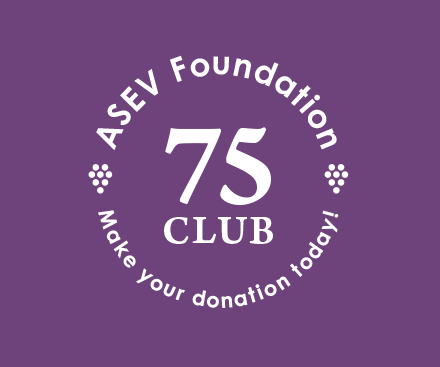Abstract
The potato leafhopper (Empoasca fabae Harris) can be a damaging pest of vineyards throughout eastern North America, causing leaf curling and yellowing in sensitive cultivars. To determine the relationship between infestations by this insect and vine growth and resource allocation, potted and fruitless Pinot gris (Vitis vinifera L.) grapevines grafted to rootstock 1103 Paulsen (V. berlandieri Planch. x V. rupestris Scheele) were infested for 7 days with 0.0 to 4.5 potato leafhopper (E. fabae) nymphs per leaf. Shoot growth, leaf growth, and infestation symptoms of the leaves were quantified before and after the infestation period, and biomass of vegetative vine structures was measured at the end of the experiment. Leaf symptoms of cupping and discoloration were positively correlated with infestation severity, while shoot and leaf growth declined with increasing leafhopper density. Root mass at the end of the experiment was lower in vines with higher infestation levels. Analysis of these results enabled damage symptom and leaf growth thresholds to be determined at between 0.5 and 1.0 E. fabae per leaf. However, recovery of vines after infestation was observed in leaf and shoot growth parameters, and vine biomass was reduced only when E. fabae densities exceeded 3.0 nymphs per leaf. This study reveals the negative effect of low densities of E. fabae on a sensitive grape cultivar and suggests that vines can recover from low infestation levels during the postinfestation period.
- Received June 2008.
- Revision received January 2009.
- Accepted January 2009.
- Published online June 2009
- Copyright © 2009 by the American Society for Enology and Viticulture
Sign in for ASEV members
ASEV Members, please sign in at ASEV to access the journal online.
Sign in for Institutional and Non-member Subscribers
Log in using your username and password
Pay Per Article - You may access this article (from the computer you are currently using) for 2 day for US$10.00
Regain Access - You can regain access to a recent Pay per Article purchase if your access period has not yet expired.









